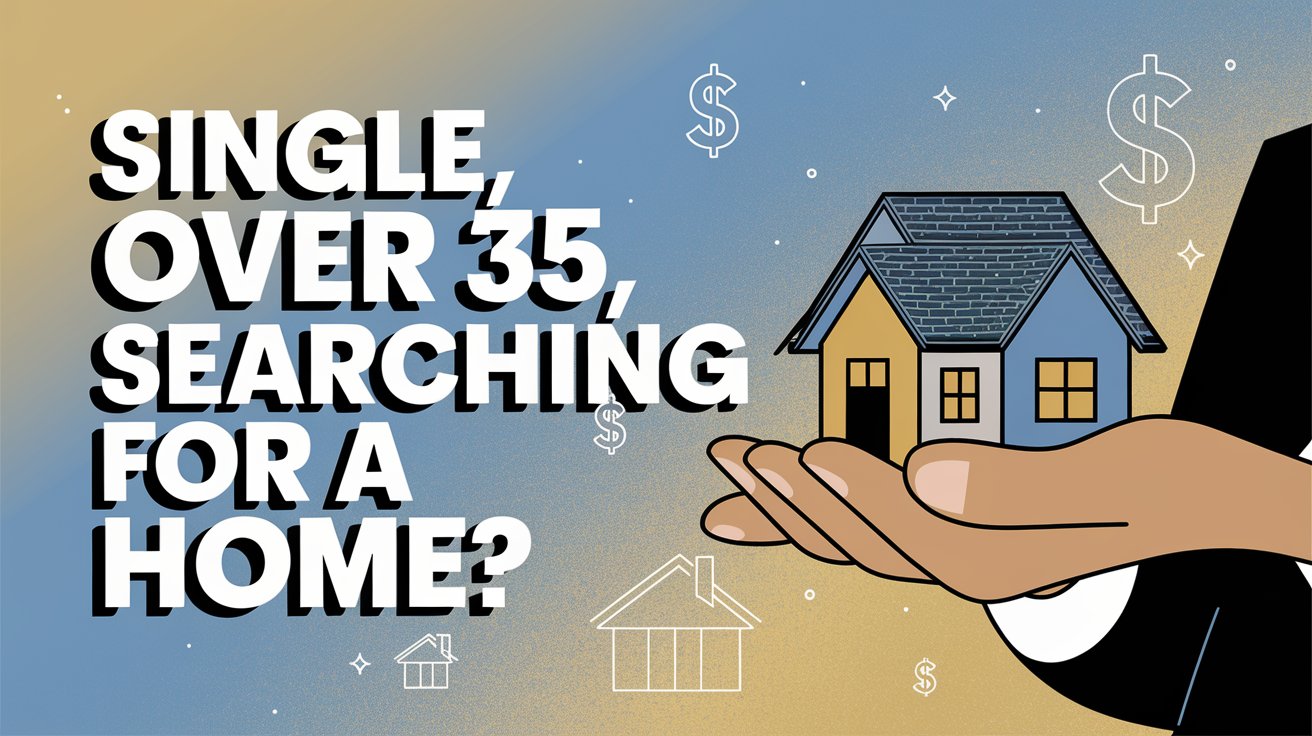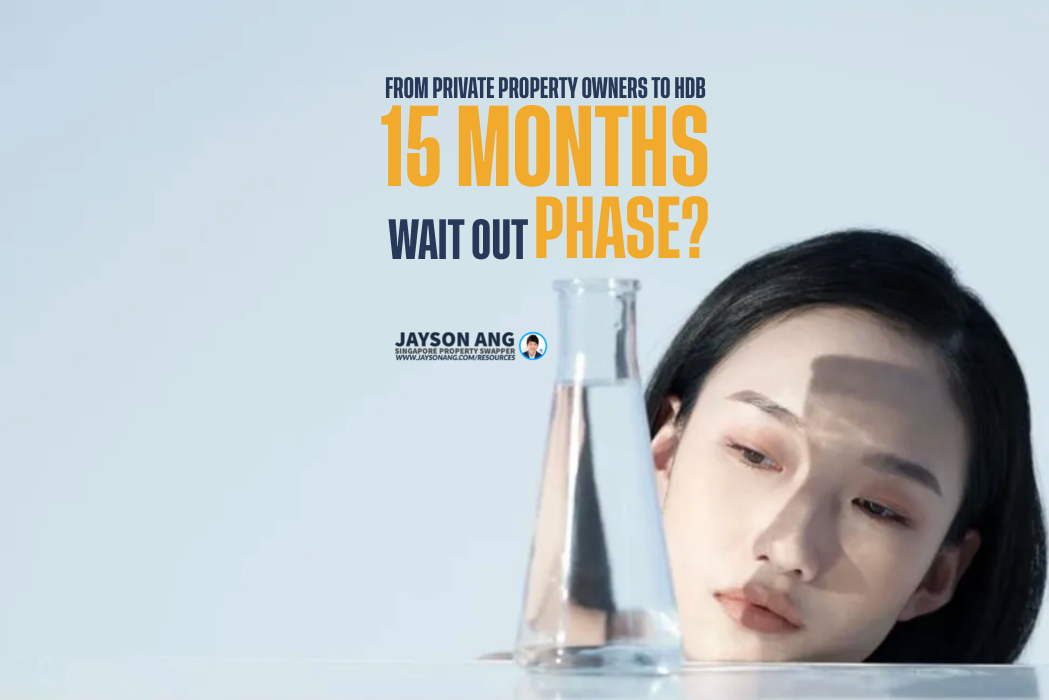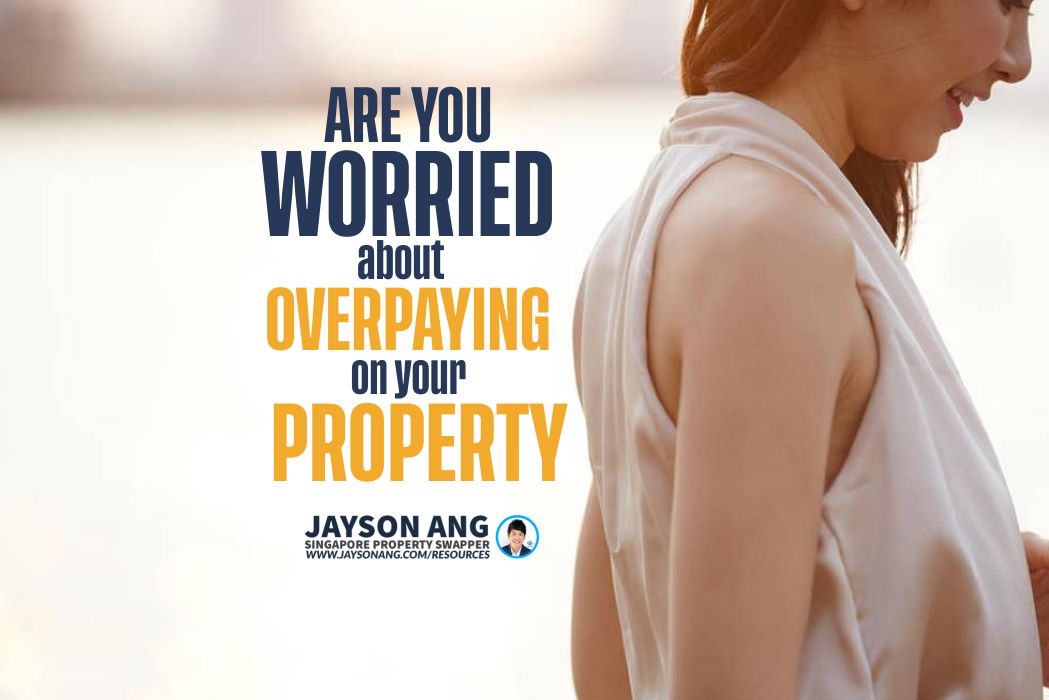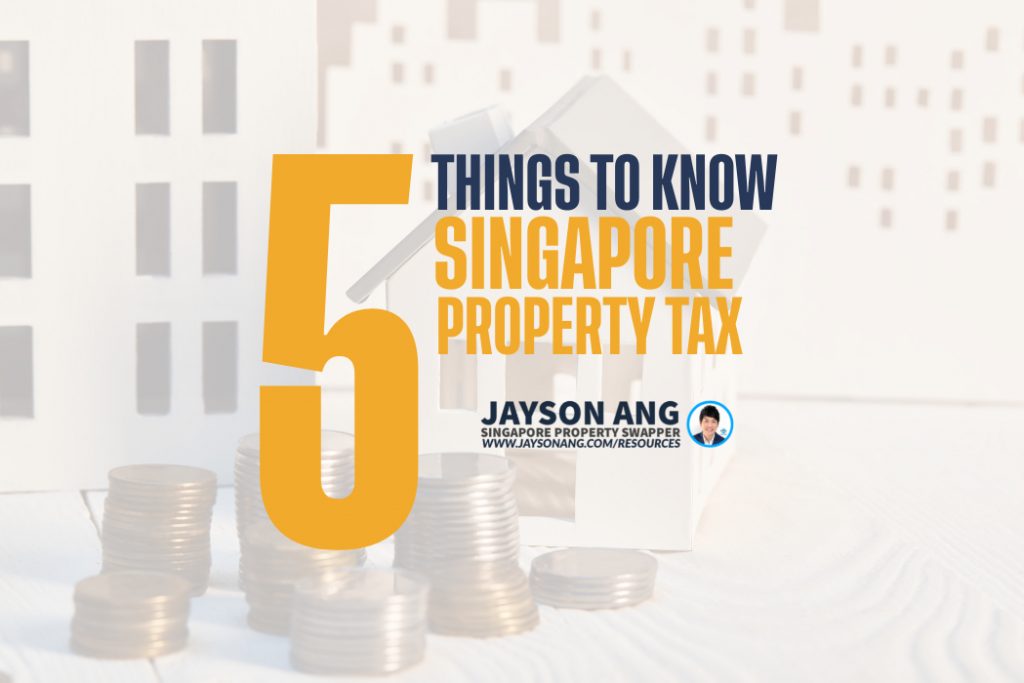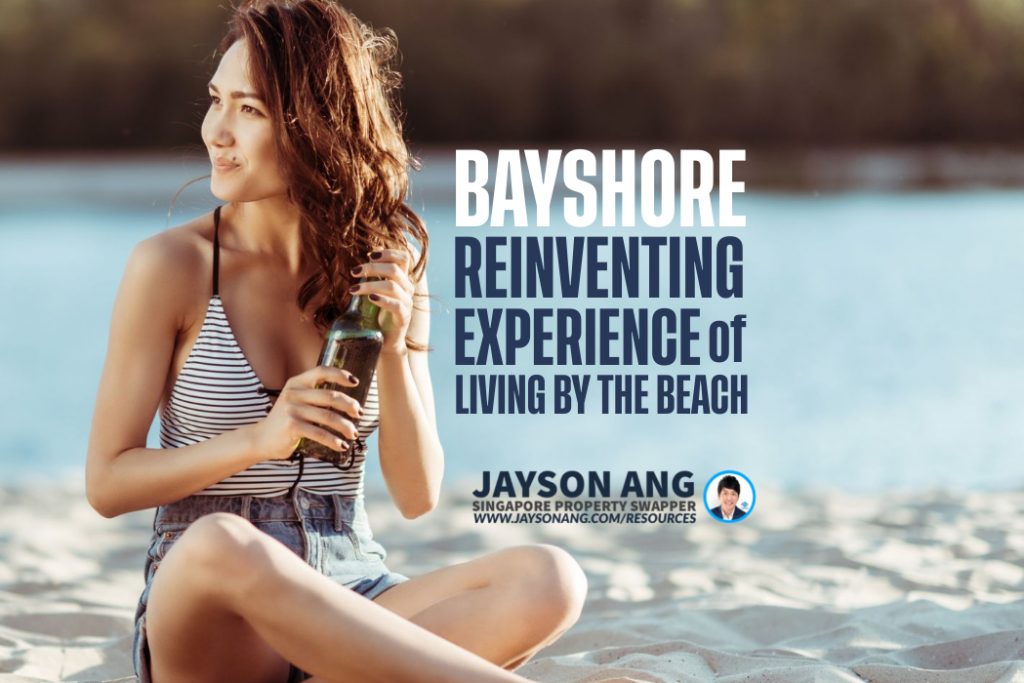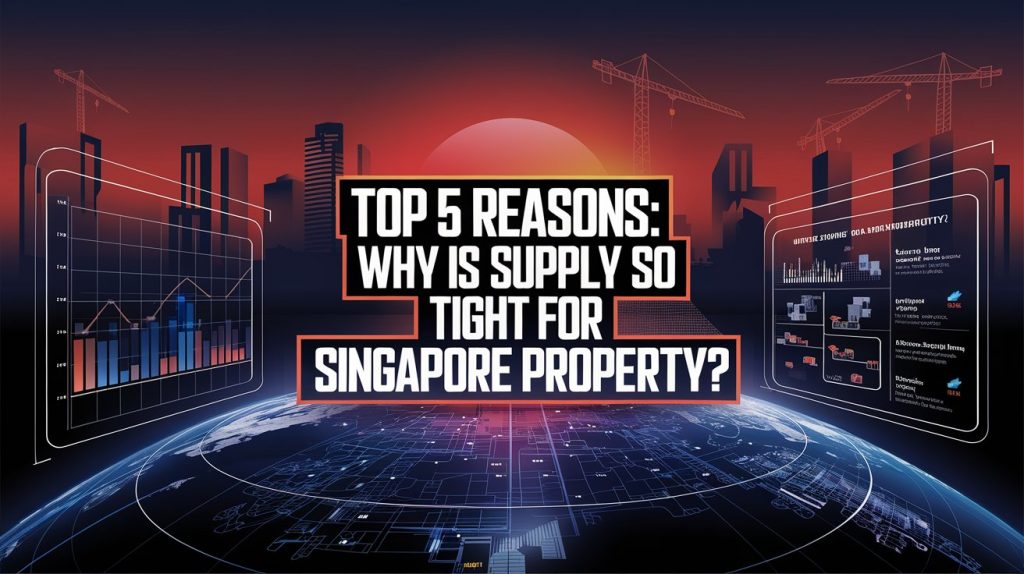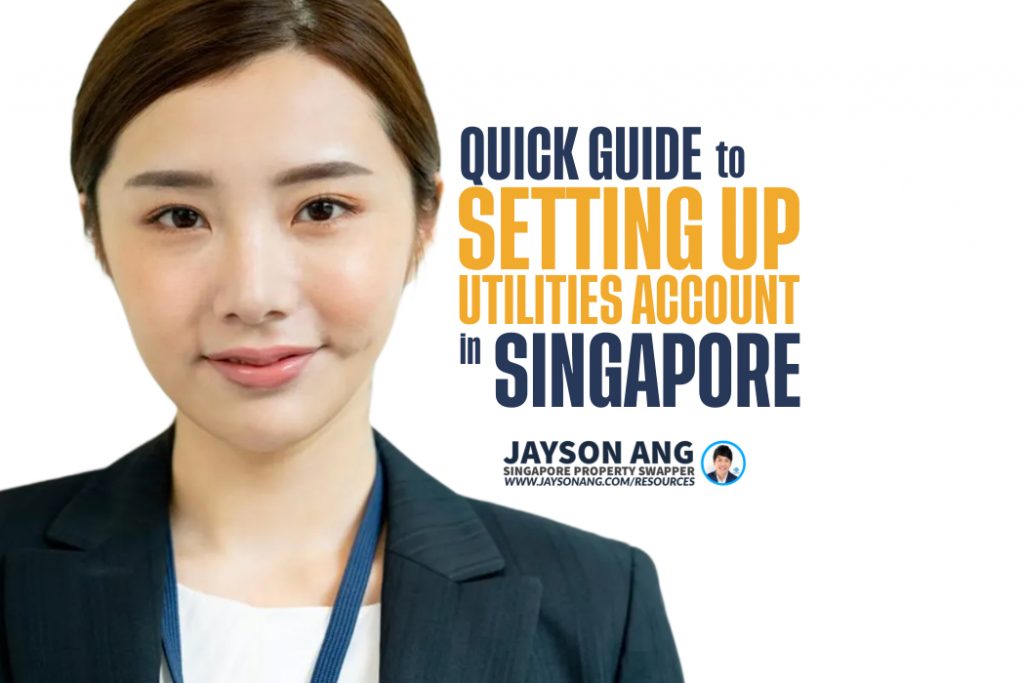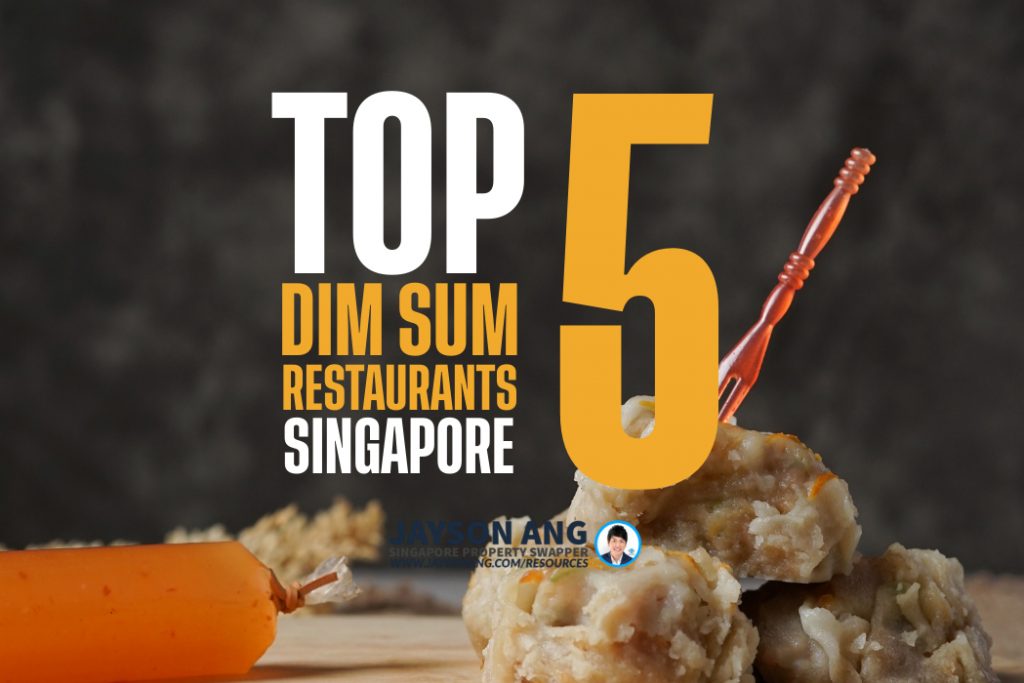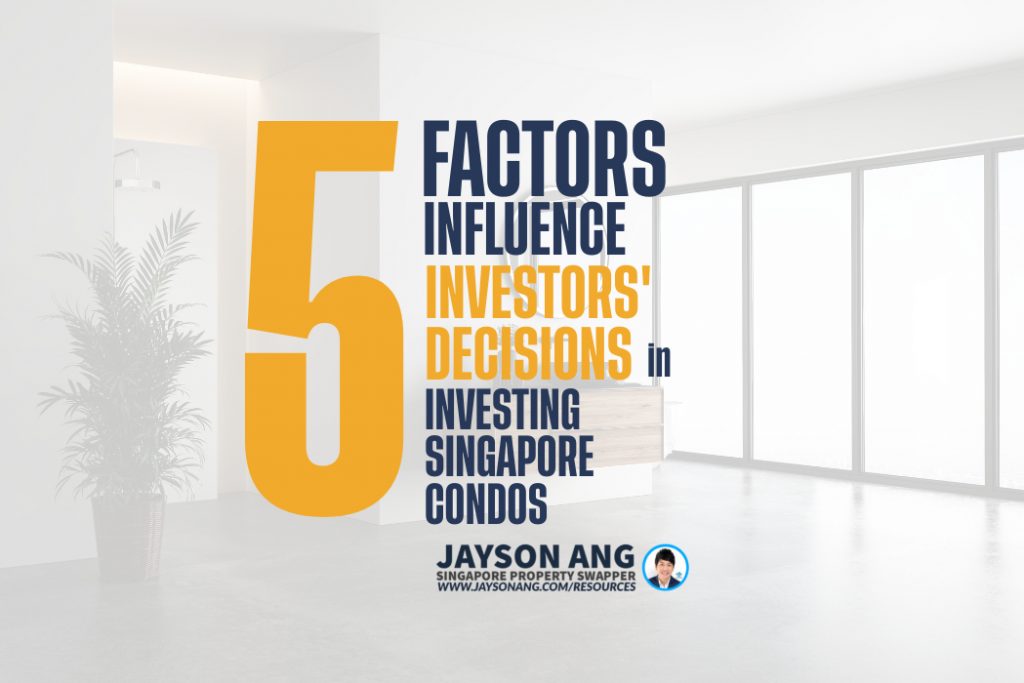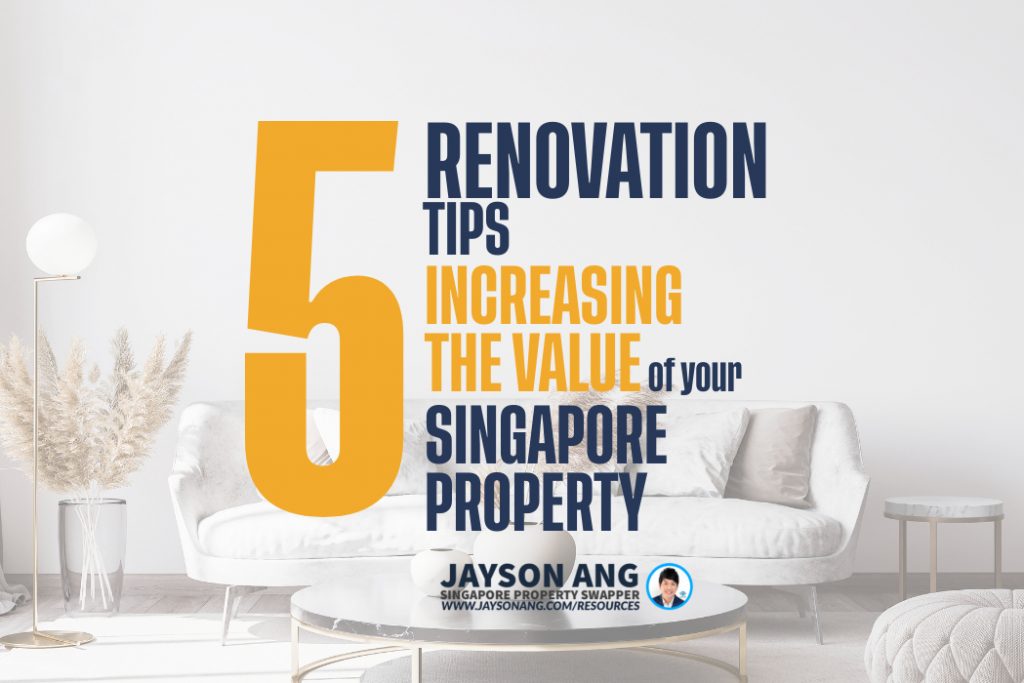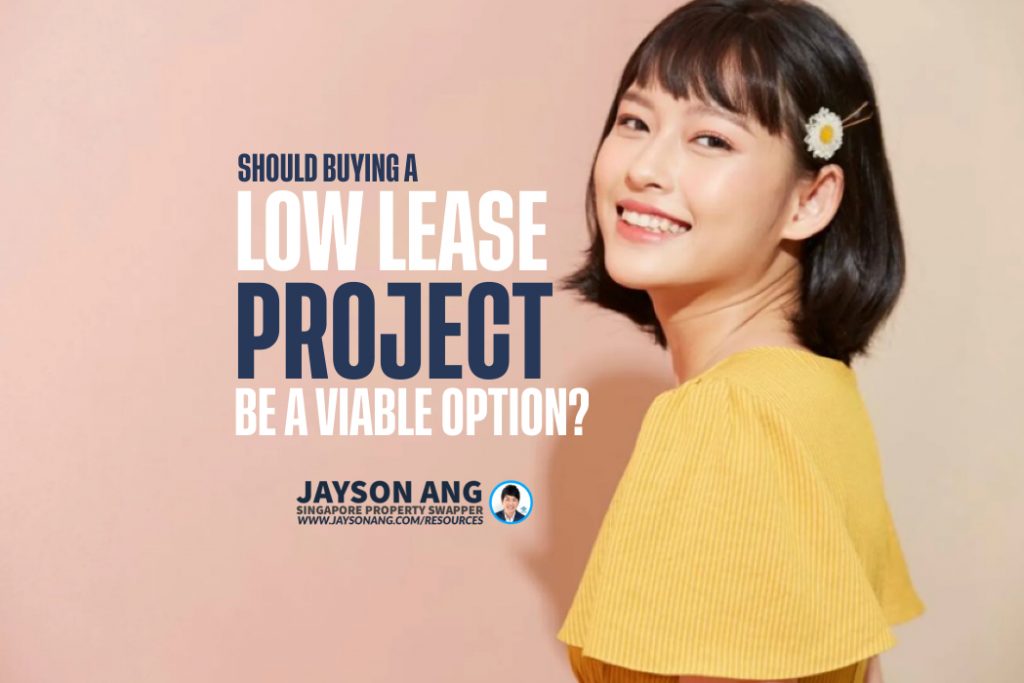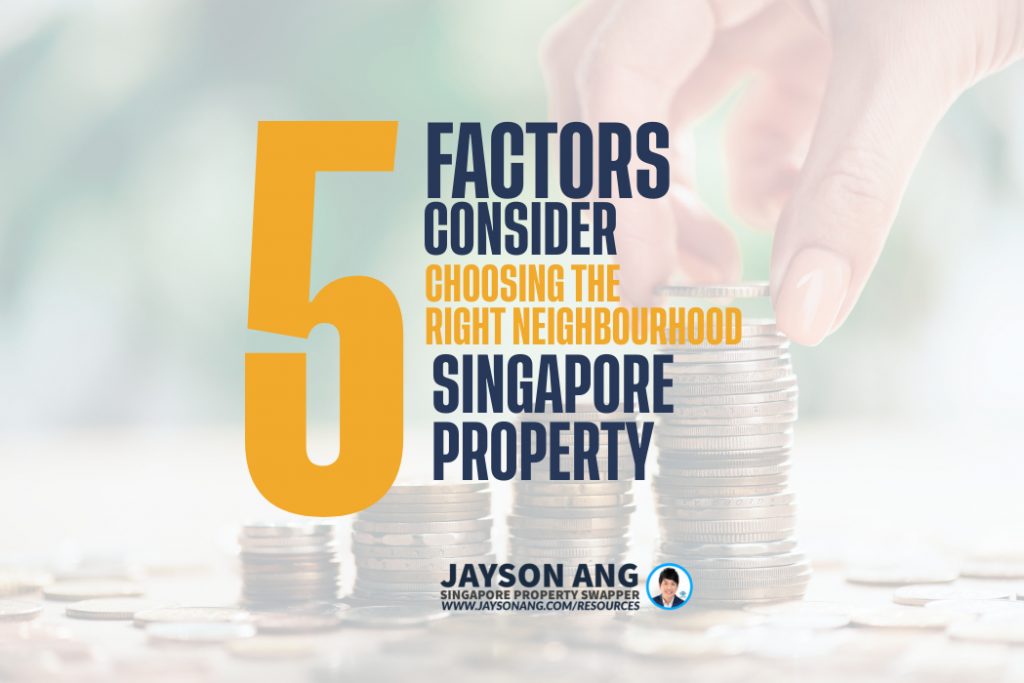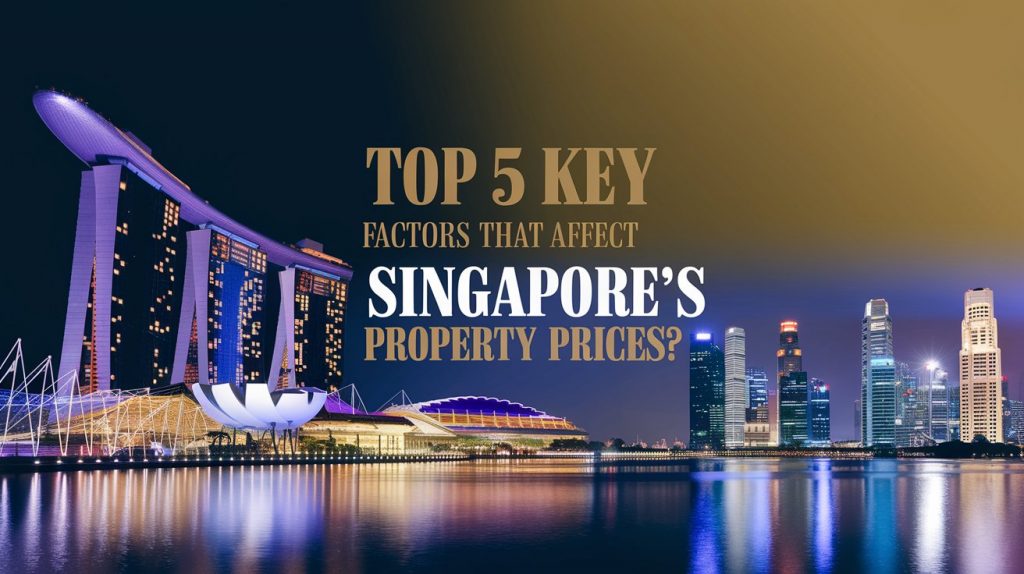At the age of 35, a single Singaporean starts a significant year, highlighted by the long-awaited chance to buy their own HDB apartment. With new rules on choosing flats introduced recently, the entire island nation is now open for them to choose from. But for those who have the financial capacity to invest in a resale condominium, is this really the better choice? Before deciding, here are some important factors to consider:
Some of the main factors in HDB flats versus resale condos
| HDB Flat | Resale Condo | |
| Price | $585 psf for resale flats; BTO flats are even cheaper | Average of around $1,619 psf |
| Financing issues | HDB loan is possible, which is usually cheaper and allows for a bigger LTV ratio Possible to buy without cash down |
Bank loans are generally pricier, and there’s a lower LTV ratio First 5% must be paid in cash |
| Waiting time to move in | Three to four years for BTO flat | Only need to wait for renovations |
| Lease decay issues | Remaining lease can impact your CPF usage Generally more pronounced, as only a tiny number of flats are selected for SERS |
Can be freehold (although that’s pricier) Even if leasehold, there is a chance of an en-bloc sale to a private developer |
| Facilities and maintenance | None, but that also means you don’t pay high maintenance fees | Pool, gym, etc., but you might pay around $400 a month for these |
| Monetisation of the unit | Can rent out rooms only, until the MOP is over | Can start renting out the whole unit at once if you like |
| Minimum holding period | At least five years for MOP, or 10 years in Plus and Prime areas | Technically none, but stamp duties apply if you sell within the first three years |
| Eligibility issues | You need to buy under one of the available HDB schemes | No real restriction beyond what you can afford |
One cannot help but take notice of the stark contrast in prices between an HDB and a condo. Typically, singles opt for either a 3 or 4-room flat, thus, allow me to present a thorough comparison of these two types of property based on recent transactions spanning from May 2023 to 2024.
1. Financing Challenges: HDB Flats vs. Condos Uncovered
Unlocking the dream of owning an HDB flat is made possible through two financing options: the HDB concessionary loan or a bank loan. While the former remains a popular choice due to its consistent 2.6% interest rate, the latter may be necessary for those aspiring to own a condo with its current 2.9% rate. However, be mindful of the ever-changing nature of bank loan rates, which have seen fluctuations over the past decade. And don’t be surprised if you’re directed towards a bank loan, even when purchasing an HDB flat, as eligibility can be influenced by factors such as income. The power lies in the hands of HDB, my friend.
Unlocking the Secrets of LTV Ratios and Minimum Cash Down: What You Need to Know
Flats not only provide a more affordable option, but they also require a smaller initial payment. When obtaining an HDB loan, only a 25% down payment is needed based on the flat’s price or value (whichever is lower). A bank loan necessitates a higher 25% down payment based on the property’s price or value (whichever is lower).
Furthermore, for bank loans, the first 5% must always be paid in cash, whereas HDB loans allow a combination of cash and CPF to cover the 25% down payment. This arrangement enables singles without substantial savings to realize their dream of owning their first home with the assistance of HDB financing.
Therefore, why opt for a bank loan when HDB provides a more adaptable and accessible choice for individuals seeking their own place? Lower prices are just the starting point when considering the benefits of HDB flats.
HDB Loans: Understanding the Impact of Mortgage Servicing Ratio (MSR) on Your Finances
According to the Monetary Authority of Singapore (MAS), the Monthly Servicing Ratio (MSR) dictates that no more than 30% of your monthly income can be used towards repaying your flat’s loan. This rule is applicable to all HDB properties, ensuring that homeowners are not burdened with excessive debt.
However, for those eyeing condominiums, the Total Debt Servicing Ratio (TDSR) comes into play. This regulation sets a cap of 55% on your total monthly debt repayments, including home loans and other outstanding debts such as car loans.
But let’s be real, for most first-time buyers, it’s not the MSR or TDSR that causes the most anxiety. The bigger worry is often meeting the minimum cash downpayment required.
Now, let’s take a look at the minimum income required for a single individual, based on the MSR and TDSR guidelines. We have taken into account a floor interest rate of 3% for HDB loans and 4% for bank loans, in accordance with MAS’s latest ruling. Additionally, the loan tenure is set at 25 years for HDB loans and 30 years for bank loans, ensuring a fair comparison.
2. Facilities and maintenance
Beyond financing, the next biggest issue arises – HDB conservancy fees. These fees are surprisingly low, often below $100 per month (unless your flat is unusually large, like a jumbo). If you’re curious about the exact amount you’ll be paying, why not take a look at your town council’s website?
For condo residents, the situation is slightly different. Maintenance fees are calculated based on Share Value (SV), starting at 5 for the first 50 sqm and increasing by 1 for every additional 50 sqm. In 2024, it’s common to see monthly fees ranging from $75 to $90 per share value, totaling between $200 to $400 a month.
But before you question the value of these fees, consider what you receive in return – luxurious facilities such as a pool, gym, clubhouse, and 24/7 security. Is it worth it? Well, that’s entirely up to you and your personal lifestyle choices.
3. Quick Ways to Start Monetizing Your Unit
If your goal is to rent out your unit and stay elsewhere (perhaps with your parents or in a cheaper HDB room), then a resale condo offers a quicker route to monetization. As soon as your renovations are completed, you can start reaping the benefits of rental income. However, for HDB flats, the five-year Minimum Occupation Period (MOP) must be fulfilled before the entire unit can be rented out (although individual rooms can be rented out if the flat is at least 3 rooms). Keep in mind that the MOP starts from the key collection, meaning a BTO flat could require a wait time of up to eight or nine years (including application, construction, and the MOP) before becoming eligible for full rental.
Having the option to rent out the unit immediately can serve as a valuable contingency plan. Even if you have no intentions of becoming a landlord, renting out your entire condo while living elsewhere can be a financial safety net in case of unforeseen circumstances.
And while it’s not advisable to utilize this option lightly, condos offer the perk of cash-out refinancing. This involves taking out a loan (even if you have an outstanding home loan) against the appreciated value of your condo, at a lower interest rate. Unfortunately, this option is not available for HDB properties.
For a prudent approach, it’s best to stick to the 3-3-5 rule. This means keeping your monthly loan repayment under 30% of your monthly income (even if a bank allows for more), having at least 30% of the initial capital, and ensuring the total price does not exceed five times your annual income.
Don’t forget to factor in maintenance fees when budgeting. Late payments often incur a hefty 15% interest rate, so it’s important to be able to comfortably cover these fees. If not, it may be best to avoid a condo altogether.
Navigating Home Loans: How Age Can Impact Your Approval Chances
Between the ages of 35 and 40, there is a favorable period for owning property, especially residential homes. This is an ideal time when one can qualify for the longest loan repayment period without facing penalties – a generous 25 years for HDB (Housing Development Board) flats, or 30 years for bank loans.
However, it is important to be cautious because once you reach the age of 65 with an outstanding loan, the maximum loan amount may decrease. This could lead to requiring a substantial down payment of 45% or more. Consider the scenario of waiting until you are 45 to buy a private home, only to be limited to a loan repayment period of just 20 years to secure the full loan amount.
It is advised not to rush into the property market solely based on this factor – affordability should still be the primary consideration. Nevertheless, if one has the financial capacity to purchase a condominium, this should be considered as an additional benefit.
Should You Buy, Sell or Wait?
If you’re reading this, you must be trying to figure out the best course of action right now: is it the right time to buy or sell?
It’s difficult to give an exact answer since everyone’s situation is unique and what works for one person may not necessarily work for you.
I can bring you a wealth of on-the-ground experience and a data-driven approach to provide clarity and direction. From beginners to experienced investors, our top-down, objective approach will help you on your real estate journey.
I can help you by:
- Offering Strategic Real Estate Advice – I can help create a comprehensive plan to guide you through your property journey.
- Connecting Your Home with the Perfect Buyers – Through stunning visuals, an effective communication strategy, and an in-depth knowledge of the market, we’ll ensure your home is presented in the best possible way to fulfill your goals.
You May Also Like …

